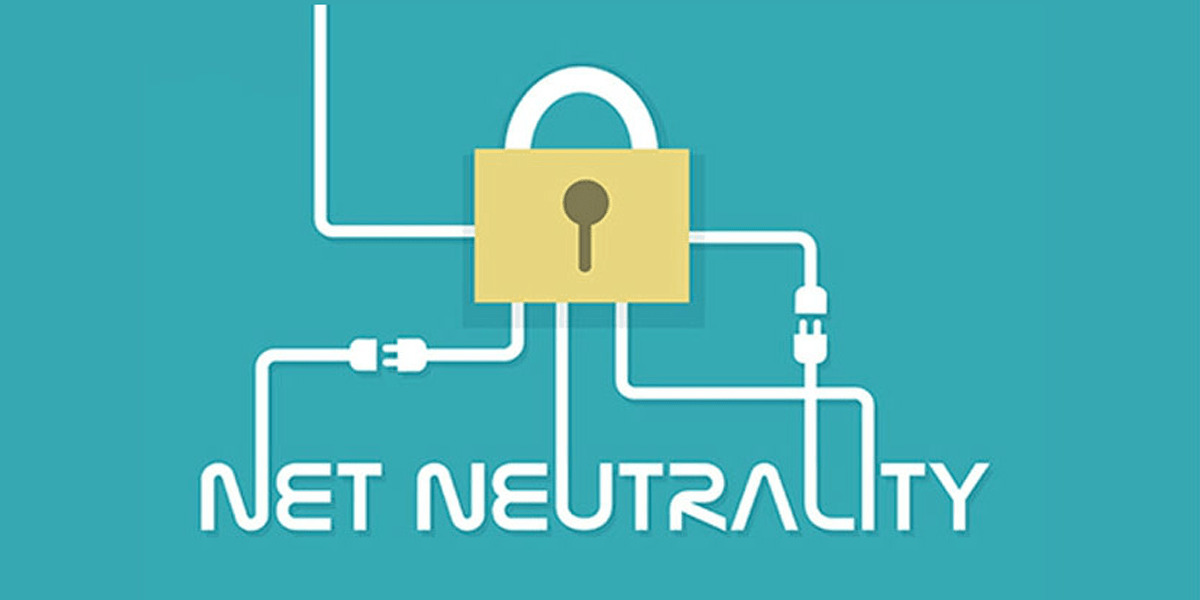
Net-Neutrality
What is Net Neutrality?
Posted on November 27, 2018 in Uncategorized
Net neutrality — you’ve heard about in the news. But what is it, really? And why do so many people care? In May, the U.S. Senate voted in favor of overturning the FCC’s decision to abolish net neutrality. But this is still a hot-button issue, and people just can’t stop talking about it. Here’s everything you wanted to know about net neutrality.
What Does It Mean?
OK, let’s take a look at what net neutrality actually means. In simple terms, net neutrality is the principle that internet service providers (ISPs) should give you full access to the internet. This means they shouldn’t block particular websites or change how you view the internet in any way.
Whether you access the internet from a desktop, laptop, smartphone or tablet, your ISP can control the way you access the World Wide Web. They can prioritize certain websites or limit how much data you use, for example. Your ISP can also prevent you from accessing particular websites based on your IP address.
Proponents of net neutrality point out that nobody “owns” the internet, and ISPs shouldn’t control your access to it. Net neutrality is a lot more complicated than this, though. It’s recently made the news, but people have been arguing about it for years.
Why Do People Support Net Neutrality?
People support net neutrality for a whole host of reasons. Most of them believe that that the internet should be a fair place, where users can access anything they want whenever they want. In short, they don’t think big companies should control the internet. They want the freedom to visit websites at the fastest browsing speeds.
“A free and open internet protects freedom of speech. A free and open internet promotes innovation,” says The Open Internet. “Without an open internet, big corporations would have tight control over how we access information.”
Seventy-two percent of people who understand net neutrality support it, according to one study.
Why are Some People Against Net Neutrality?
Critics of net neutrality argue that the internet should be free from federal and state regulation and that ISPs should control how people access the internet. They point to the 1996 Telecommunications Act to support their argument.
Moreover, some people think that ISPs controlling bandwidth and prioritizing certain websites is a good thing. They say there’s isn’t enough bandwidth to go around, so limiting access to particular sites and favoring other ones is a legitimate practice.
Proponents of net neutrality disagree with this notion completely.
“If there’s enough bandwidth that carriers can offer the most traffic-intensive services
without limit, then why are there caps in the first place? Answer: There is no reason,
bandwidth caps are arbitrary!” says Devin Coldewey, writing for Tech Crunch.
Eighty-three percent of people support keeping the FCC’s net neutrality rules, according to
one poll.
Right now, there are two camps of people: Those who favor net neutrality, and those who
disagree with it. It will be interesting to see what happens next.










